Keywords: Parliament Of The World
-

AUSTRALIA
- Juliette Hughes
- 02 November 2022
4 Comments
The town celebrated Guy Fawkes day and burned an effigy of the man who tried to blow up the Houses of Parliament centuries before. For days beforehand, even as the holy women left the churches where they had prayed for the release of souls from punishment, children would be dragging carts and prams around with Guy Fawkes dummies they’d made, stuffed with straw and newspaper like scarecrows, easy to burn.
READ MORE 
-
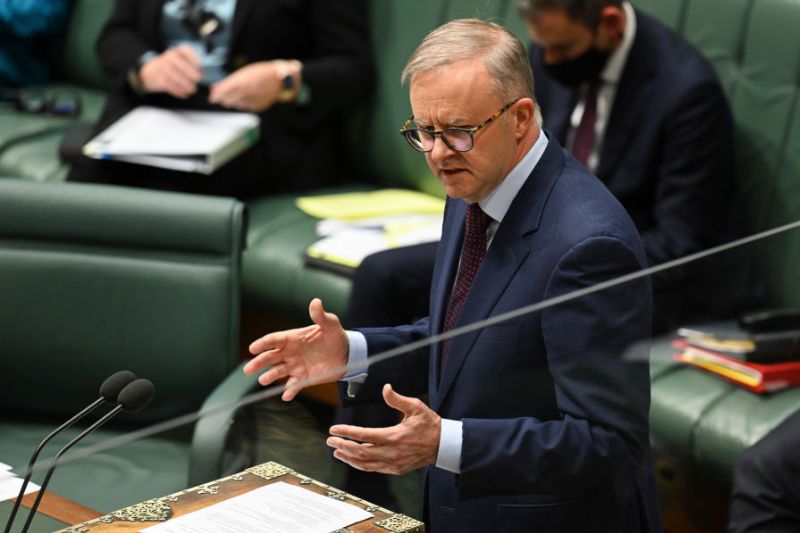
AUSTRALIA
- Frank Brennan
- 28 October 2022
6 Comments
In recent years, Australian policies in relation to asylum seekers and refugees have been unnecessarily mean, cruel and disorganised. The election of the Albanese government provides the opportunity for a reset, putting behind us the past mistakes of both Coalition and Labor Governments in the last 20 years.
READ MORE 
-

INTERNATIONAL
- Michael McVeigh
- 28 October 2022
1 Comment
A large part of ending violence against women and children is about convincing men that there’s a more healthy way to live; that there’s a society in which they can feel comfortable in themselves, pursue their dreams, and find love and comfort with others, and feel respected for who they are.
READ MORE 
-

INTERNATIONAL
- David Halliday, Axel Bruns
- 22 September 2022
Despite our differing social and cultural beliefs, we can mostly agree that we live in highly polarised times. But what divides us? ARC Laureate Fellow Prof. Axel Bruns studies social polarisation, and in this discussion we explore the drivers of polarisation, examining the role that digital and social media and broader social and political contexts play in intensifying social conflicts, threatening economic prosperity, undermining public trust, and ultimately destabilising societies.
READ MORE 
-
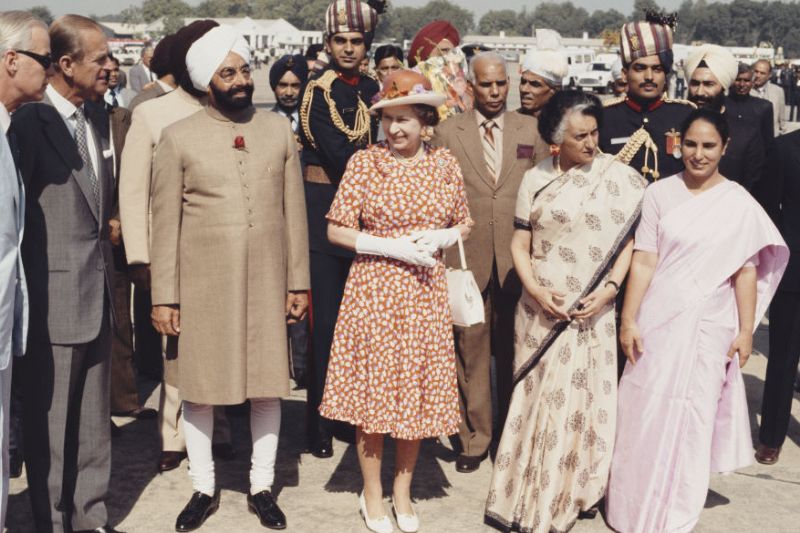
INTERNATIONAL
- Binoy Kampmark
- 20 September 2022
7 Comments
When more nuanced commentary around the passing of Queen Elizabeth II came to the fore, it was hard to avoid the difficult realities of the British monarchy and an institution that has not, through its history, delighted those conquered in its name. With Elizabeth II, it was notable that she let an opportunity to engage the topic of empire in Britain’s collective memory go begging.
READ MORE 
-
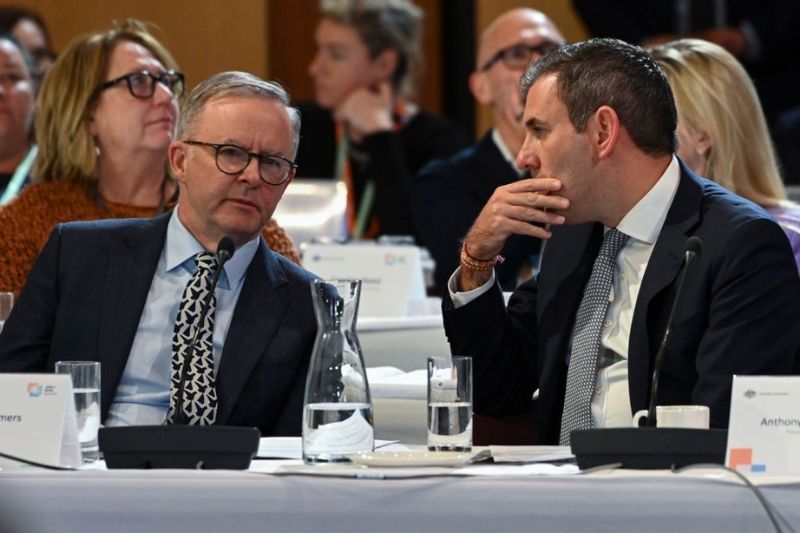
AUSTRALIA
- Andrew Hamilton
- 06 September 2022
3 Comments
The policy of the Labor Government can be described as steady as she goes. This does not mean that it will simply follow the policies of the previous government. Its reading is that the ship of state has been becalmed, responding haphazardly to the political winds with no sense of direction or destination. It had become the ship of fools. The new Government then has committed itself to show that there are captain on board and a competent, disciplined crew that can work together.
READ MORE 
-
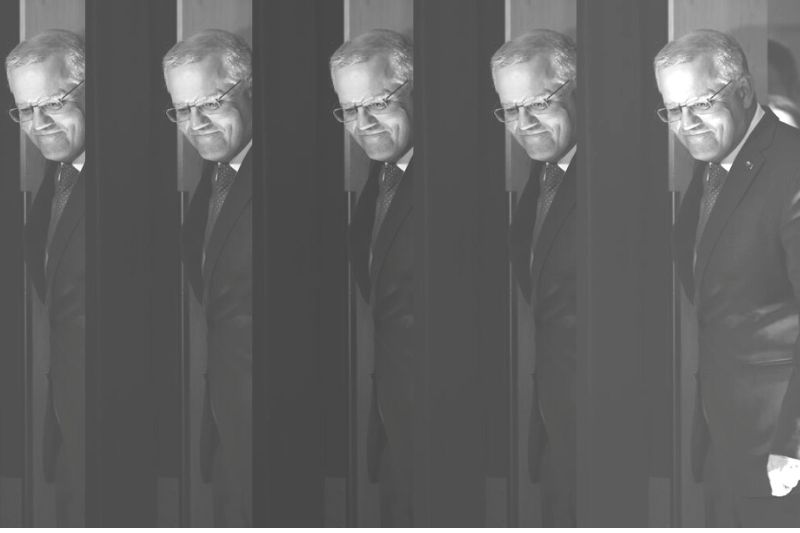
AUSTRALIA
- Binoy Kampmark
- 01 September 2022
8 Comments
The most striking note in the tempestuous outrage regarding Scott Morrison’s self-appointment (technically, appointment with the Governor-General’s approval) to five ministerial portfolios other than his own, is the search for the illegal. Such a search is fruitless in a system that thrives on the principle of convention, perennially uncodified and therefore susceptible to breach.
READ MORE 
-
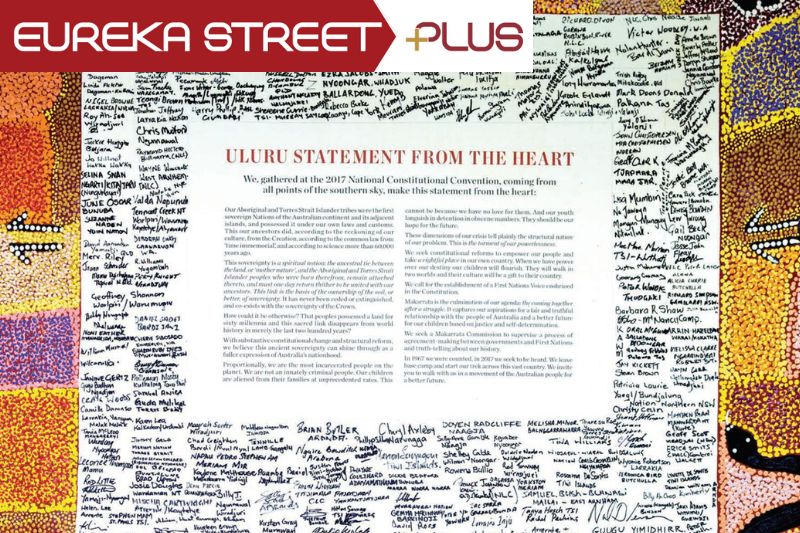
AUSTRALIA
- Frank Brennan
- 17 August 2022
2 Comments
We need to be able to do more than simply give notional assent to the Uluru Statement. We need to be able to contribute to the hard thinking and difficult discussions to be had if the overwhelming majority of our fellow Australians are to be convinced of the need for a Voice in the Constitution.
READ MORE 
-

AUSTRALIA
- Andrew Hamilton
- 21 July 2022
One of the tests by which we can judge political maturity is whether it gives due weight to complexity. It is easy to reduce political conversation to opposed statements between which we must choose. That will sometimes be appropriate. Often, however, discussion of policy raises several different questions, each of which needs to be considered.
READ MORE 
-
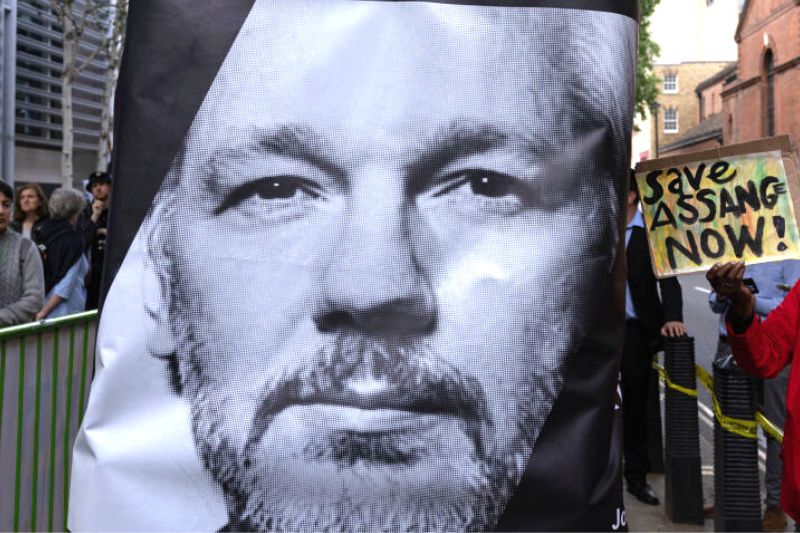
INTERNATIONAL
- Binoy Kampmark
- 19 July 2022
3 Comments
The only shock about the UK Home Secretary’s decision regarding the extradition of Julian Assange was that it did not come sooner. In April, Chief Magistrate Senior District Judge Paul Goldspring expressed the solemn view that he was ‘duty-bound’ to send the case to Priti Patel to decide on whether to extradite the WikiLeaks founder to the United States to face 18 charges, 17 grafted from the US Espionage Act of 1917, and one based on computer intrusion.
READ MORE 
-
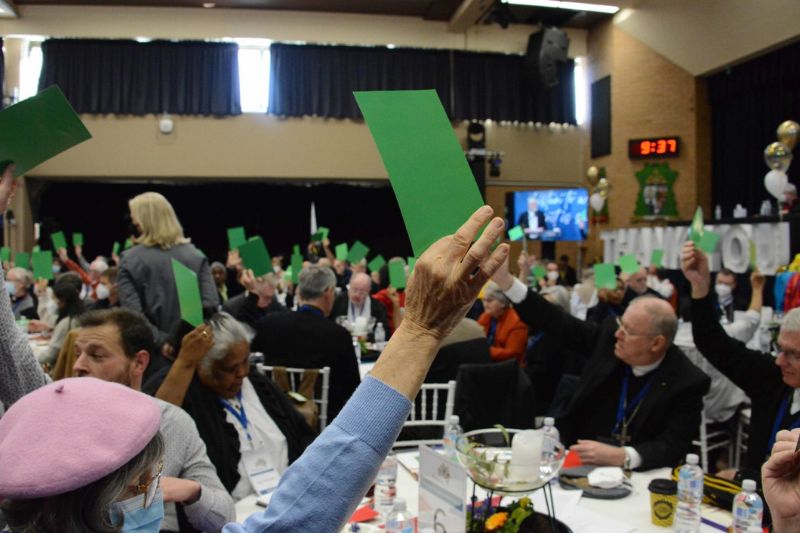
RELIGION
- Paul Collins
- 12 July 2022
33 Comments
The Plenary Council (PC) is over and the time has come for assessments. What did it achieve? In positive terms it brought together an enormously generous group of people whose dedication to Catholicism is extraordinary. It also demonstrated the diverse complexity of the community.
READ MORE 
-

AUSTRALIA
- John Warhurst
- 24 May 2022
13 Comments
Governments lose elections, but Oppositions still must demonstrate that they are a capable alternative. Both the Morrison Coalition government and the Albanese Labor Opposition played their part last Saturday. There were many sub-plots in the pattern of voting, but this election was primarily lost and won in the four biggest mainland cities.
READ MORE 